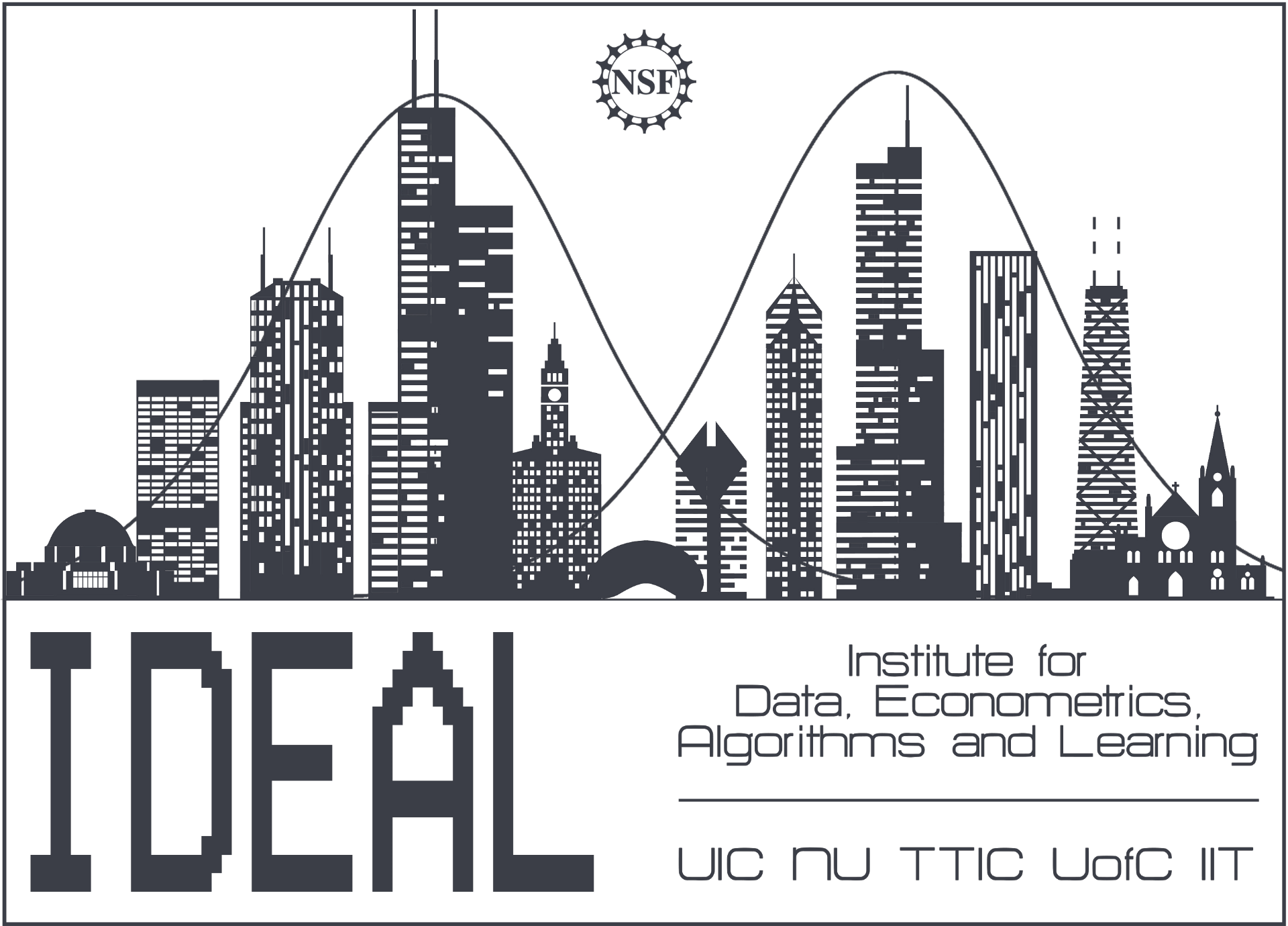Data Science seminar
Title: Identifying Socially Disruptive Policies
Location: University of Illinois Chicago
Date: Thursday, October 31st, 2024 at 11:00 am CT in SEO 636
Eric Auerbach
Assistant Professor
Northwestern University
Abstract:
Social disruption occurs when a policy creates or destroys many network connections between agents. It is a costly side effect of many interventions and so a growing empirical literature recommends measuring and accounting for social disruption when evaluating the welfare impact of a policy. However, there is currently little work characterizing what can actually be learned about social disruption from data in practice. In this paper, we consider the problem of identifying social disruption in a research design that is popular in the literature. We provide two sets of identification results. First, we show that social disruption is not generally point identified, but informative bounds can be constructed using the eigenvalues of the network adjacency matrices observed by the researcher. Second, we show that point identification follows from a theoretically motivated monotonicity condition, and we derive a closed form representation. We apply our methods in two empirical illustrations and find large policy effects that otherwise might be missed by alternatives in the literature.
Bio:
Eric Auerbach focuses on developing statistical tools for analyzing models with network data (i.e, models where groups of agents are connected in an economically meaningful way). In economics, it is natural to interpret networks as random since connections are often the result of human decision making, which can be heterogeneous and indeterminate. However, standard statistical tools are often difficult to implement because the number of possible connections between agents can be intractably large. His research emphasizes methods for reducing this complexity without imposing too many restrictions on how agents might be connected. He is particularly interested in nonparametric and semiparametric methods and in understanding how they might be adapted to a network setting.
Hosted by: Professor Elena Zheleva
